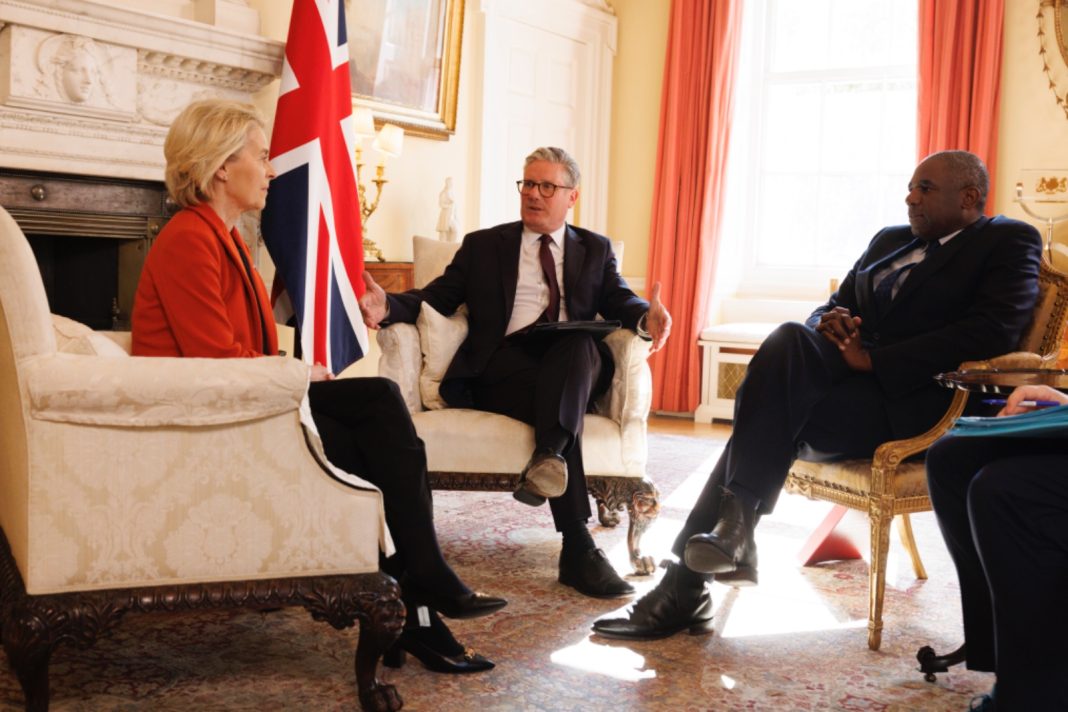The UK and the European Union have reached a new agreement setting out post-Brexit relations on areas including fishing rights, trade and defence. For students, the main point of interest was the EU’s proposed “youth mobility scheme” for 18- to 30-year-olds, which would allow stays of up to four years without a visa.
Although no such scheme was finalised at the recent summit, Prime Minister Sir Keir Starmer told press that the UK and the EU had “agreed to co-operate” on a “youth experience scheme”, which would allow British young people to travel and work ‘freely’ in Europe. The initiative has been labelled a youth “experience” scheme rather than a youth “mobility” scheme to emphasise the restrictions which would be put on it, and would mirror existing arrangements the UK has with countries such as Australia and New Zealand.
Starmer also announced a commitment to work towards the UK rejoining the Erasmus programme, an EU initiative which provides funding for student exchanges and training across Europe. The UK’s membership was first established in 1987, but it left the scheme in 2020 as part of the Brexit deal. The government now appears to be working with European leaders to allow the UK to rejoin the programme, although has clarified that the planned “youth experience scheme” would be “capped and time limited.”
The question of youth mobility, especially for students, has been a crucial one in negotiations; the UK’s prestigious universities, including Oxford, have long acted as a draw for European young people, providing an incentive for EU member states to secure positive relations with the UK.
Additionally, such a deal could widen opportunities for those studying modern languages, whose degrees often involve international travel. In 2022, Cherwell published testimonies which described a “failure to adapt to Brexit” within the Year Abroad Office, at which point the Year Abroad Office itself highlighted the difficulties presented by the replacement of “one set of immigration regulations with 27 different ones.”
The number of students applying to Oxford from EU countries saw a significant decline after Brexit, dropping from 2,773 in 2019 to 1,572 in 2023. The loss of home fee status, along with complications related to health insurance and travel, made studying abroad less accessible for students in both the UK and EU. European research funding for Oxbridge also plummeted as a result of the Leave vote; Cherwell reported in 2023 that Oxford was awarded only €2m in the Horizon Europe 2021-2027 programme, compared to €523m combined from the same scheme in 2014-2020.


